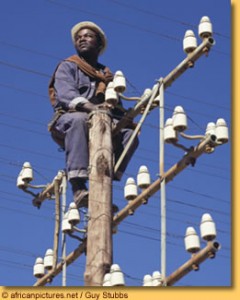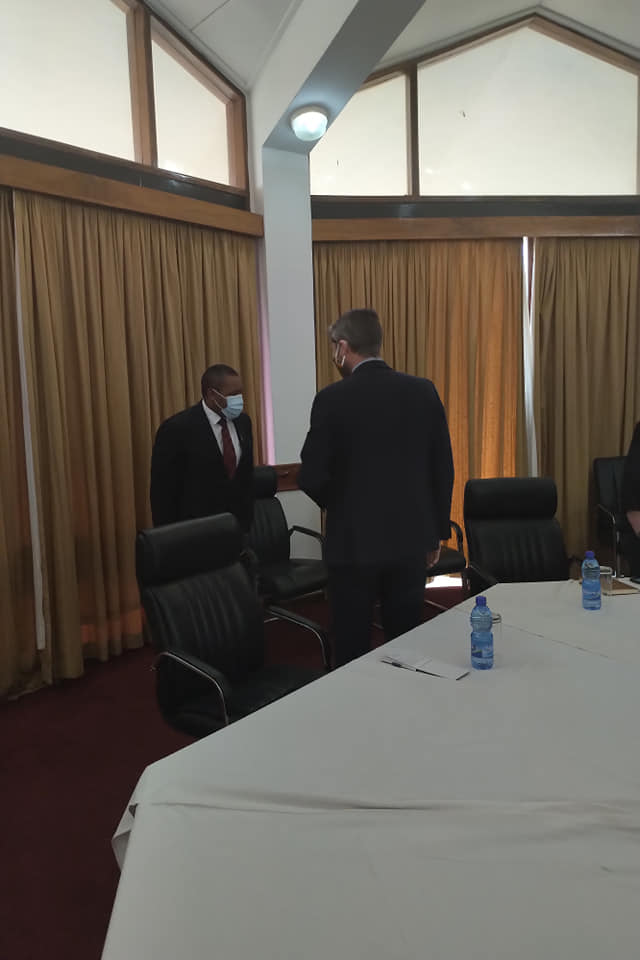Our two major and strategic utility companies—Electricity Supply Corporation of Malawi (Escom) and our water boards—are an embarrassment.
Their well-documented inefficiencies know no boundaries. These utilities are also getting better at passing their inefficiencies to the rest of the economy, bringing it down with them as they sink deeper and deeper into a well of malaise in the eyes of the public.
For example, households can no longer plan meal and bath times as blackouts and dry taps happen every day and at any time.
Escom’s load-shedding schedules are no longer scheduled. What they publish in the media is for show to give consumers a picture of some order that does not exist. Their targeted audience stopped believing them long time ago.
Businesses are paying through the nose to keep their machines running on expensive diesel-powered generators, which eats into their working capital, are environmentally unfriendly, worsen the cost of doing business in the country and shoo away potential investors—both from the domestic and foreign markets.
As for the water boards, people are spending too many sleepless nights listening to drops of water so that they can wake up, draw the water before it is switched off and store.
When taps run dry for more than, say, three days, most households resort to unprotected water for their cooking, bathing and washing, thereby putting their lives at risk of water-borne diseases.
For the industry, unreliable water supply usually means suspending production, which leads to less man-hours needed and may eventually lead to lay-offs.
Meanwhile, companies are suffering lost revenue as they cannot supply their clients at all or, when supplied, it is in lower quantities than demanded.
Thus, while shortage of foreign currency, erratic fuel supplies and a darkening macroeconomic environment are the most talked about reasons for the poor performance of the Malawi economy, water and electricity are even more poisonous to the economy.
For example, an employee can report an hour late for work because she or he had to walk around the neighbourhood for water to bath and prepare breakfast.
Or, a worker can delay because just before starting to iron office clothes, power goes out. Thus, apart from industry disruptions that poor water and electricity supplies bring, there is also the loss of productive time on the part of employees to contend with. Companies lose out both ways.
Escom, for example, is running out of excuses. After government succumbed to pressure and allowed the power utility firm to charge cost-reflective rates that have seen tariffs jump by more than 60 percent over the past few months, it is surprising that Escom cannot give its customers value for their money.
Today, the only scapegoat the company has for its gross inefficiencies is delayed rehabilitation of the Nkula B Hydro Power Plant which, by the way, has been an Escom favourite tune for a long time and namasupuni and flooding could not be sustained as excuses any more.
And without any trace of shame, the company announced in July this year that the rehabilitation works missed its deadline due to foreign currency shortages that affected remittance of funds to suppliers abroad.
But Escom made a similar promise.
“According to the contractor’s schedule, the works are expected to be completed in October 2012. Rehabilitation works at Nkula B Power Station were supposed to be completed by June 30 2012,”said Escom public relations manager Kitty Chingota.
Yeah, right.
Escom has a nasty habit of changing its deadlines like a pair of socks. These rehabilitation works were initially scheduled for December 31 2011. They missed that deadline. They shifted the completion date to June 2012. They missed that too.
Now they are talking about October (this month) and you wonder whether that is just another Escom talk and a new deadline is lurking just around the corner.
It is bad enough that Escom cannot meet the national electricity demand of 330 megawatts. But the situation becomes inexcusable when Escom even fails to take to consumers the available capacity of 270 megawatts. The question is: Why has Escom failed to invest in new sites that have the potential to generate enough power and beat the demand? The answer is inefficiency.
Of course, government too shares a chunk of the blame for Escom’s inefficiencies. Ruling parties have been abusing the parastatal’s resources such as vehicles to transport party cadres to political events.
The Escom board is rarely picked on merit, but political considerations. And for a long time, authorities have had a tight grip on tariffs, which made it hard for Escom to charge tariffs that make business sense.
The sad saga of our water and power utilities continues.




